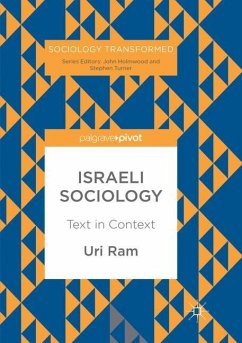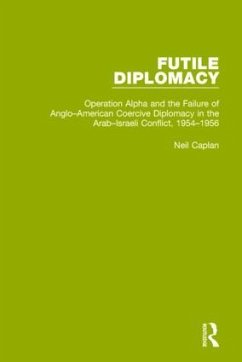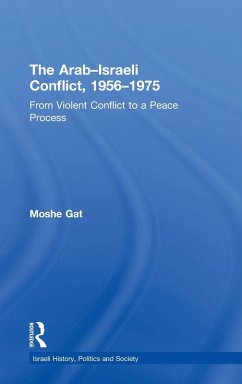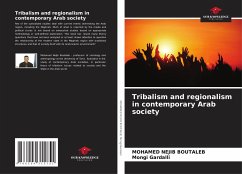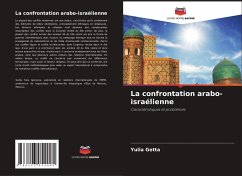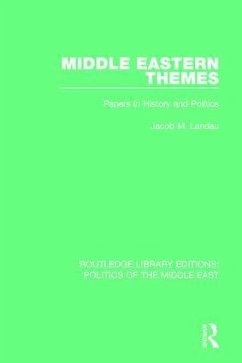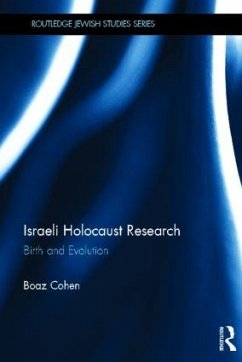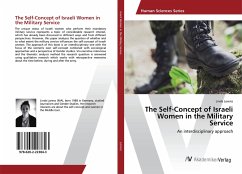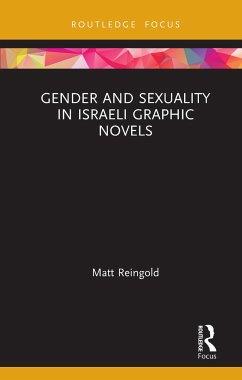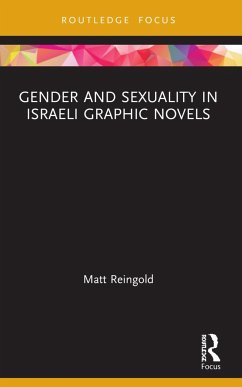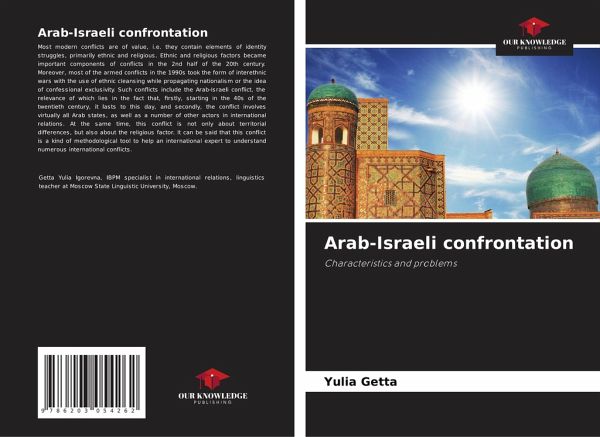
Arab-Israeli confrontation
Characteristics and problems
Versandkostenfrei!
Versandfertig in 6-10 Tagen
25,99 €
inkl. MwSt.

PAYBACK Punkte
13 °P sammeln!
Most modern conflicts are of value, i.e. they contain elements of identity struggles, primarily ethnic and religious. Ethnic and religious factors became important components of conflicts in the 2nd half of the 20th century. Moreover, most of the armed conflicts in the 1990s took the form of interethnic wars with the use of ethnic cleansing while propagating nationalism or the idea of confessional exclusivity. Such conflicts include the Arab-Israeli conflict, the relevance of which lies in the fact that, firstly, starting in the 40s of the twentieth century, it lasts to this day, and secondly,...
Most modern conflicts are of value, i.e. they contain elements of identity struggles, primarily ethnic and religious. Ethnic and religious factors became important components of conflicts in the 2nd half of the 20th century. Moreover, most of the armed conflicts in the 1990s took the form of interethnic wars with the use of ethnic cleansing while propagating nationalism or the idea of confessional exclusivity. Such conflicts include the Arab-Israeli conflict, the relevance of which lies in the fact that, firstly, starting in the 40s of the twentieth century, it lasts to this day, and secondly, the conflict involves virtually all Arab states, as well as a number of other actors in international relations. At the same time, this conflict is not only about territorial differences, but also about the religious factor. It can be said that this conflict is a kind of methodological tool to help an international expert to understand numerous international conflicts.



